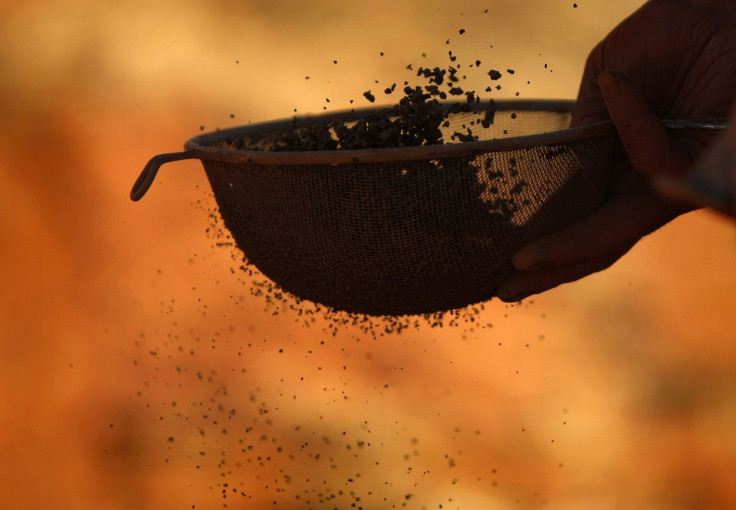Iron ore continues to fall, mirroring substantial drop in steel prices

Iron ore prices witnessed a downslide for the second consecutive day. With this, the Australian export dove to a six-week low, dropping by a substantial margin overnight in terms of percentage since December.
The prices went down by 3.7 percent to reach US$84.20 (AU$109.95) a tonne from US$87.40 (AU$114.13) in the previous session, as noted by the Steel Index. In the last two sessions, the prices have dropped by 7.2 percent. The downfall comes as the commodity had reached a multi-year high of US$94.50 (AU$123.4) in February.
The slump also reflects a substantial decline in steel prices. According to Vivek Dhar, mining and energy commodities analyst at the Commonwealth Bank, this has contributed significantly to the prices of iron ore. He added that steel prices suffered a downslide on Tuesday following the announcement from the Chinese government that increase in steel prices would be linked to stronger downstream demand.
“The announcement comes despite China’s commodity intensive sectors posting impressive numbers in January and February,” Dhar said. He added that “policymakers have already signalled their intent for stable growth this year, which will likely be backstopped via infrastructure investment.”
High levels of speculation in the futures markets have also influenced the decline in iron ore prices. According to Dalian Exchange, futures for September delivery dropped 4.7 percent to reach 577 yuan (AU$109.39) a tonne – marking the lowest close since Jan. 9. On Tuesday, the prices tumbled 15 percent. Rebar in Shanghai went down for the fifth day.
The decline in iron ore came as Macquarie downgraded its rating on Australian mining stocks, revising it from over an “overweight” outlook to “neutral” view. It said it was dropping its positions in mining giants like Rio Tinto and Fortescue.
“Now that the Chinese New Year holidays are over, iron ore supply is abundant,” Macquarie said. “Indeed, before the holidays iron ore inventory at mills had surged to highs not seen since early-2013, while port inventory is back at record highs seen in 2014.”
The decline has also affected shares of miners. Fortescue dropped by more than 5 percent. Rio Tinto, meanwhile, tumbled by 2.6 percent. Brazil’s Vale went down 8.5 percent on the heels of stocks increasing by more than 30 percent in January.
There is growing expectancy of further declines. According to BHP Chief Financial Officer Peter Beaven, markets could experience lower prices this month. JP Morgan Chase & Co notes that, as supplies expand, the prices could drop to US$60 (AU$78.33) a tonne by year end.





















